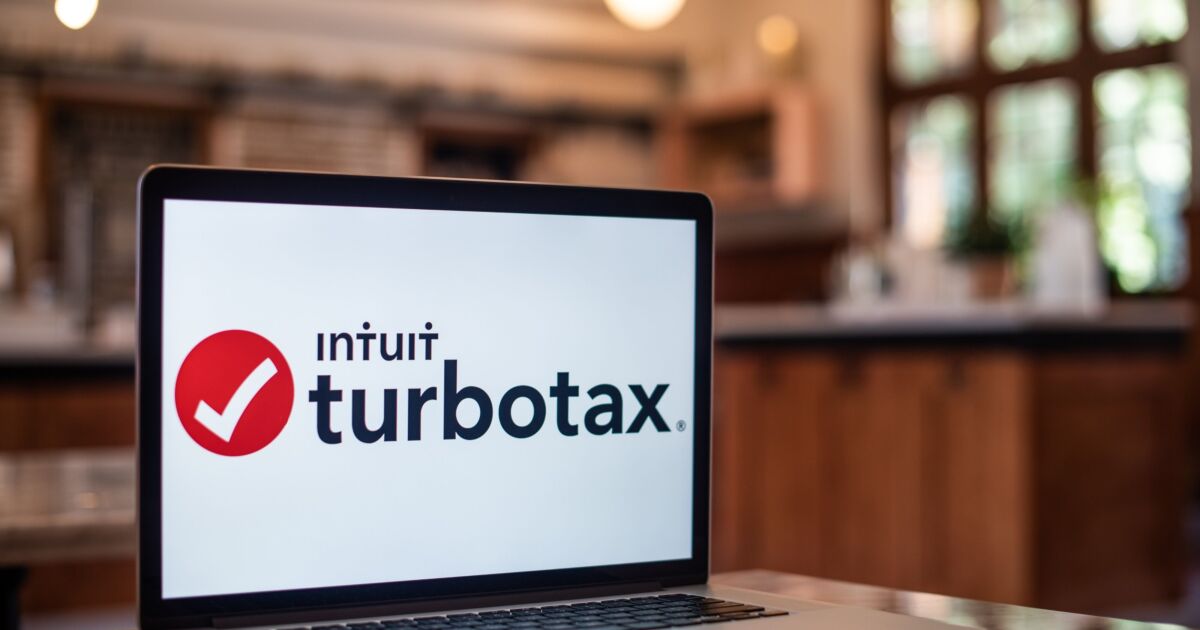Speedy decision; trouble in paradise; diplomatic imbecility; and other highlights of recent tax cases.
Waxahachie, Texas: Tax preparer Bachary Rushid McGruder, 45, has been sentenced to three years in prison and ordered to pay more than $6.7 million in restitution to the IRS.
McGruder, owner of M&M Enterprises and Consulting, pleaded guilty in November to aiding and assisting in the preparation of false returns.
During tax years 2015 through 2018, he prepared more than 1,000 fraudulent returns for clients, using fictitious Schedule A deductions such as gifts to charity, unreimbursed employee expenses and home mortgage interest, false Schedule C business losses and false residential energy credits. He included the statements on returns without clients’ knowledge and had clients sign forms justifying the deductions and credits without explaining the forms’ contents.
McGruder charged exorbitant fees that were deducted from the refunds — as much as $2,800 for preparing a return.
The fraud resulted in a tax loss of $6.73 million.
Detroit: A federal court has permanently barred Annetta Powell and her seven tax prep-related businesses — Alliance Tax Services, Nationwide Tax Services, Tax Expert Stores, United Tax Services, Top Financial Specialists, United Financial Team Corporation and Speedy Tax Stores Corp. — from preparing federal returns for others and from owning or operating a prep business.
According to the court’s order, Powell, through her companies, operated up to five tax prep stores in Detroit and in Pontiac and Flint, Michigan, first under the name The Tax Experts and then, since 2021, under Speedy Tax Stores. The court found that the “harm caused by defendants’ fraudulent tax preparation scheme was severe and widespread, occurring across five stores for nearly a decade.” The court concluded that the defendants “prepared too many fraudulent tax returns with similar issues … for the pattern to have been random.”
The court noted that Powell refused to cooperate with the IRS investigation and took active steps to thwart the investigation by altering clients’ files and returns and manipulating the use of an EFIN. She could not obtain an EFIN because of her criminal record, so her stores used EFINs under someone else’s name. This misconduct, along with other past fraudulent conduct, led the court to determine that Powell “would likely find new ways to prepare fraudulent returns” if she were not permanently barred.
The court also ordered the defendants to disgorge $689,797.91 to the U.S., representing the ill-gotten gains from 2019 through 2021.
Honolulu: Former resident Sook Young Jung has pleaded guilty to conspiring to defraud the IRS by fraudulently obtaining a refund and then thwarting efforts by the agency to recoup it.
Jung conspired to file a false 2015 individual income tax return in her name. Jung’s co-conspirators created a fake tax form purportedly issued by a mortgage lender, which Jung attached to her return. The form falsely reported that Jung withheld more than $1.7 million in taxes. As a result, the IRS paid Jung a refund of $1,147,036.
After filing the false return and submitting the fake form, Jung tried to prevent the IRS from recovering the refund. For example, she deposited the refund check into a newly opened bank account and immediately withdrew most of the funds in cashier’s checks. She also paid, through nominees, one of her co-conspirators $500,000 for the co-conspirator’s assistance in obtaining the fraudulent refund.
Jung faces up to five years in prison as well as a period of supervised release, restitution and monetary penalties.
Rochester, New York: Resident Melanie Armstrong has pleaded guilty to wire fraud involving national emergency benefits, filing false claims against a government agency and transfer of a means of identification.
Between July 2020 and August 2021, Armstrong falsely applied for state unemployment benefits under the identities of others and fraudulently collected benefits in their names. She also collected unemployment benefits in her own name by falsely representing that she had no source of income. Armstrong received $131,400.10 in benefits unlawfully. She also applied for but did not receive additional benefits, resulting in a total intended loss of $250,916.
Between January 2019 and April 2023, Armstrong filed 19 false federal income tax returns for herself, family members and associates claiming false and inflated wages and false and inflated federal income tax withholdings. The IRS issued refunds to Armstrong and to others totaling $101,255.
Between January 2020, and April 2023, she also filed 17 false returns for herself, family members and associates with the New York State Department of Taxation and Finance, claiming false and inflated wages and false and inflated state income tax withholdings. Armstrong attempted to obtain $45,363 in fraudulent refunds but received only $18,758.
The charges carry a maximum of 30 years in prison and a $1 million fine.
Albuquerque, New Mexico: Resident Arturo Archuleta, 50, has been sentenced to two years in prison for tax evasion.
Between 2014 and 2018, Archuleta was the office manager for a chiropractic practice. During that time, he failed to report more than $200,000 in income to the IRS and diverted more than $500,000 in payments to the practice to a nominee bank account that he controlled; he did not report that income to the IRS.
Archuleta, who pleaded guilty in May, paid some $140,000 in outstanding tax obligations to the IRS before sentencing. He was also ordered to pay some $90,000 in restitution to Medicaid for expenses covered by Medicaid while he was evading income tax.
The judge also imposed a fine of $75,000 and ordered Archuleta to perform 100 hours of community service after he is released from prison and to enroll in a state self-exclusion program for gambling.
Houston: Jonathan Louis Lepow, manager of his father’s dental practice, has pleaded guilty for failing to pay taxes withheld from employee wages.
Jonathan Louis Lepow managed the clinic Kenneth A. Lepow DDS Inc., which had some 51 employees from 2015 to 2017. He was involved in financial decision-making at the clinic and oversaw accounting for and paying federal employment taxes. Lepow admitted that during the first quarter of 2015 he failed to pay $544,272 in IRS trust fund taxes collected from employees.
Lepow used the money to pay vendors and transferred funds to accounts of other entities he was establishing.
He has agreed to repay $495,847.
Urbana, Illinois: A jury has returned guilty verdicts on three offenses against Larry Dean Gibbs, of Pembroke Township, Illinois, for filing false federal returns.
In January 2017, Gibbs filed three federal income tax returns for the tax years 2012, 2013 and 2014, each falsely claiming that he had earned $10 million in annual income from the “Larry Dean Gibbs Estate.” He further claimed that the IRS withheld more than $3 million annually from his earnings and that he was entitled to refunds totaling more than $6.8 million.
Gibbs also claimed that he had changed his name to Mulumbua Humraukn El Taikem Bey and that he was the ambassador for the Al Moroccan Empire National Republic, which is not officially recognized by the U.S. At the time Gibbs filed the three false returns, he had just been released from prison for a prior conviction for filing a false federal tax return in 2005, when he had obtained an undeserved $66,282 refund.
Sentencing is July 17. Gibbs faces up to three years in prison and a $100,000 fine on each of the three counts.


 Accounting6 days ago
Accounting6 days ago
 Stock News1 week ago
Stock News1 week ago
 Personal Finance7 days ago
Personal Finance7 days ago
 Economics1 week ago
Economics1 week ago
 Stock News6 days ago
Stock News6 days ago
 Finance1 week ago
Finance1 week ago
 Personal Finance1 week ago
Personal Finance1 week ago
 Stock News5 days ago
Stock News5 days ago












